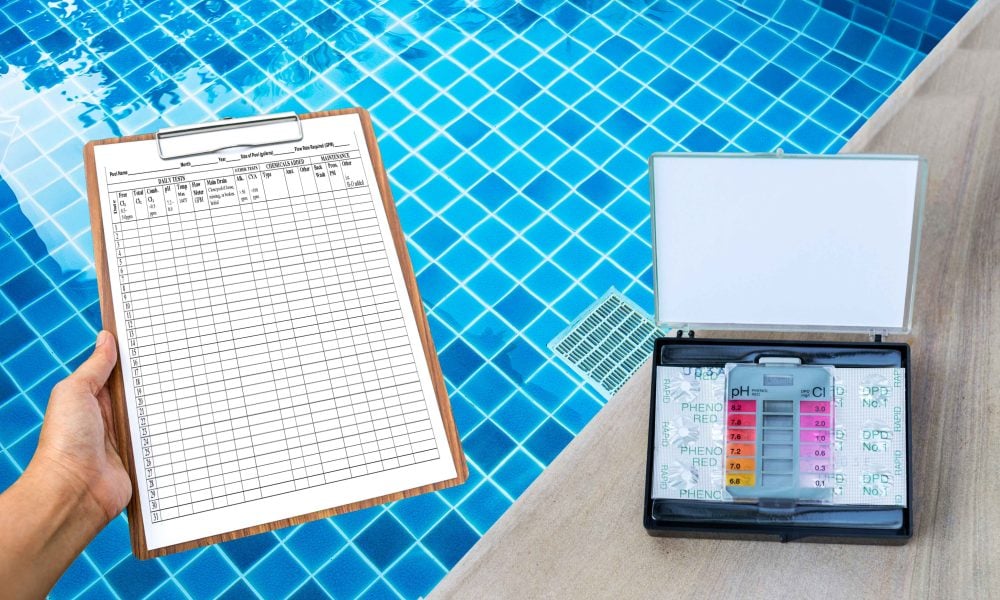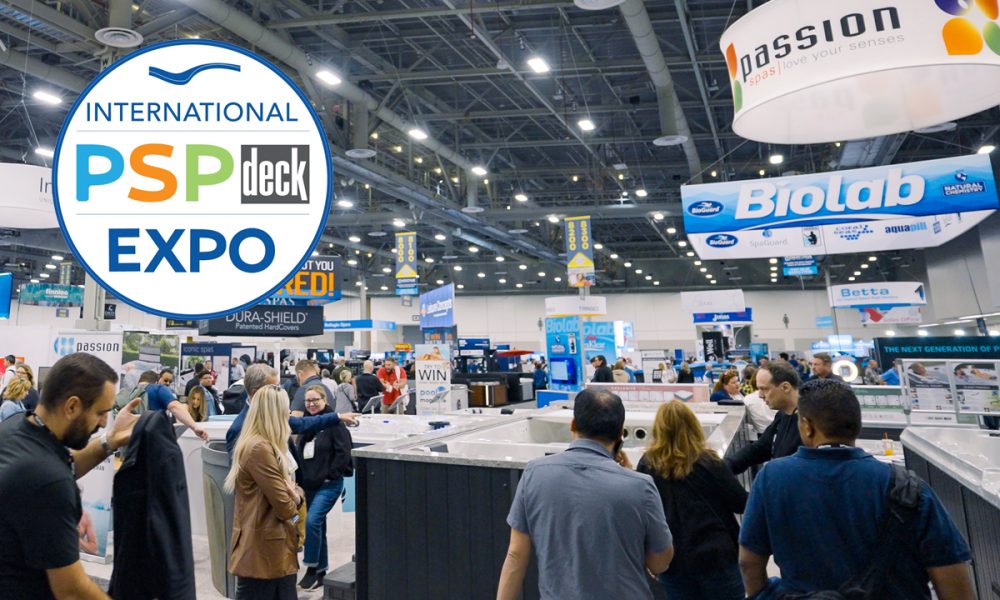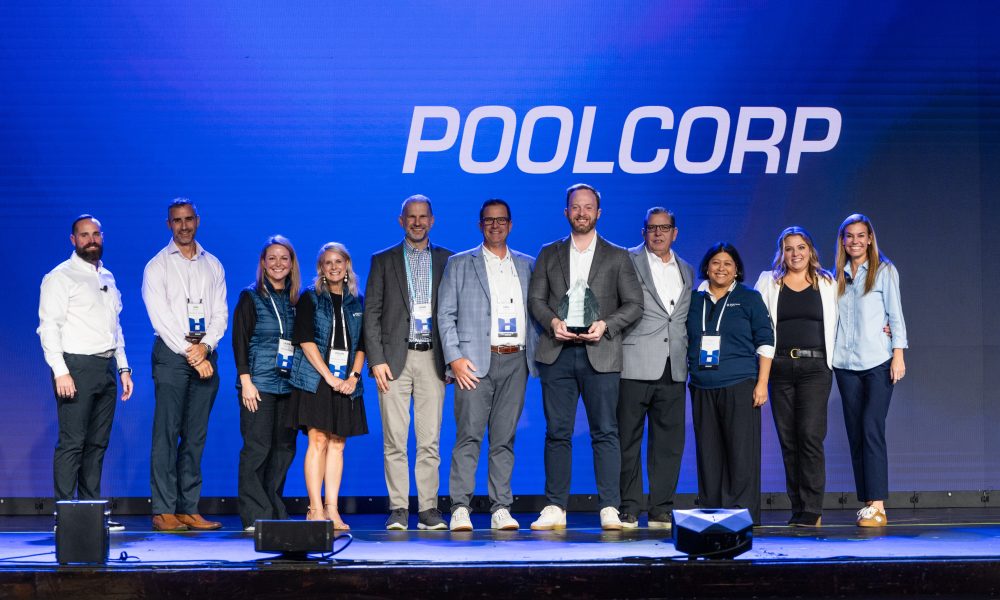The penalties for improper commercial swimming pool or spa management can be severe. Today, we’ll discuss the potential implications for pool service professionals and the businesses that manage or own a commercial swimming pool or spa that is not compliant with keeping and maintaining proper chemical logs.
Why Do We Need Pool Chemical Logs?
First, it’s the law in most places. The Department of Health in most states now requires someone on your team to become a certified pool operator (CPO) and test and log the water chemical levels at least once daily. Anyone can do a water chemical test; however, in most cases, a CPO is required to add the chemicals. Depending on your state or county, you may be required to test the water chemicals hourly, so check your local regulations. Not testing the water can result in fines or shutting your pool/spa down.
Think of your pool chemical logs as a critical insurance policy. If someone gets sick while staying at your facility or comes down with a rash and claims it was due to the pool or spa, your logs are your only proof of proper maintenance.
There is no other way to look back and see the chemical levels on a given day. This alone is why you want your team to keep accurate logs. The amount of time a business needs to keep its pool logs varies. However, you want to keep them for liability reasons until your state’s statute of limitations expires.
How can I tell if my staff is testing the water and keeping accurate logs?
It’s typically straightforward to tell that someone is forging a log book just by looking at it. Here are some indicators that something is not right with your pool or spa testing regime:
- The chemical logs are filled out for tomorrow, next week
- Logs are filled out on days your facility is closed or when staff are not working.
- Chlorine readings are the same, test after test, day after day.
- Multiple tests show the same Free Chlorine and Total Chlorine readings. Although free chlorine and total chlorine can be the same, typically, they are only the same after the pool is shocked. If these readings are the same, the staff most likely isn’t testing both, costing your facility money in wasted chemicals and potentially affecting the health of your bathers.
An accurate commercial-quality pool test kit rarely gives exact numbers, even if you test the same pool water twice. If it does, ensure it meets the Department of Health requirements and that the reagents are not expired. If in doubt, get a new test kit. As specifically required by state regulations, the NSF/ANSI Level 1 test kits are the most accurate and generally easiest to use.
Here are two examples of actual pool logs. Can you spot the forgery?
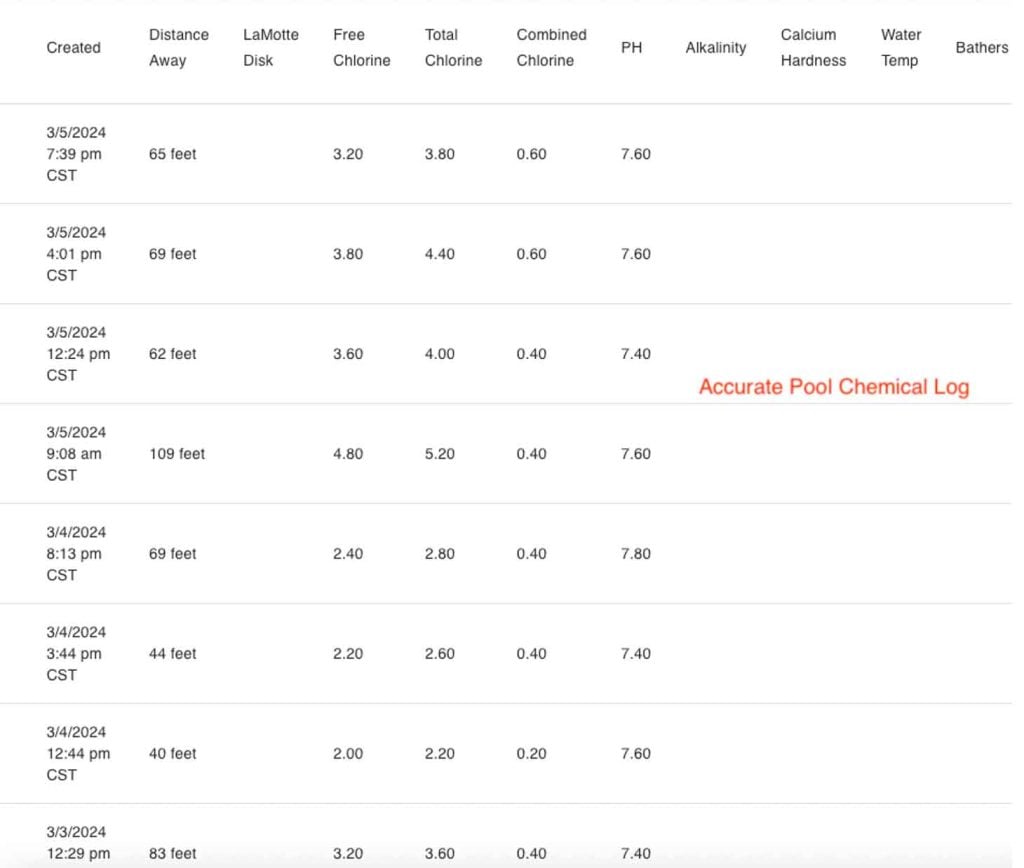
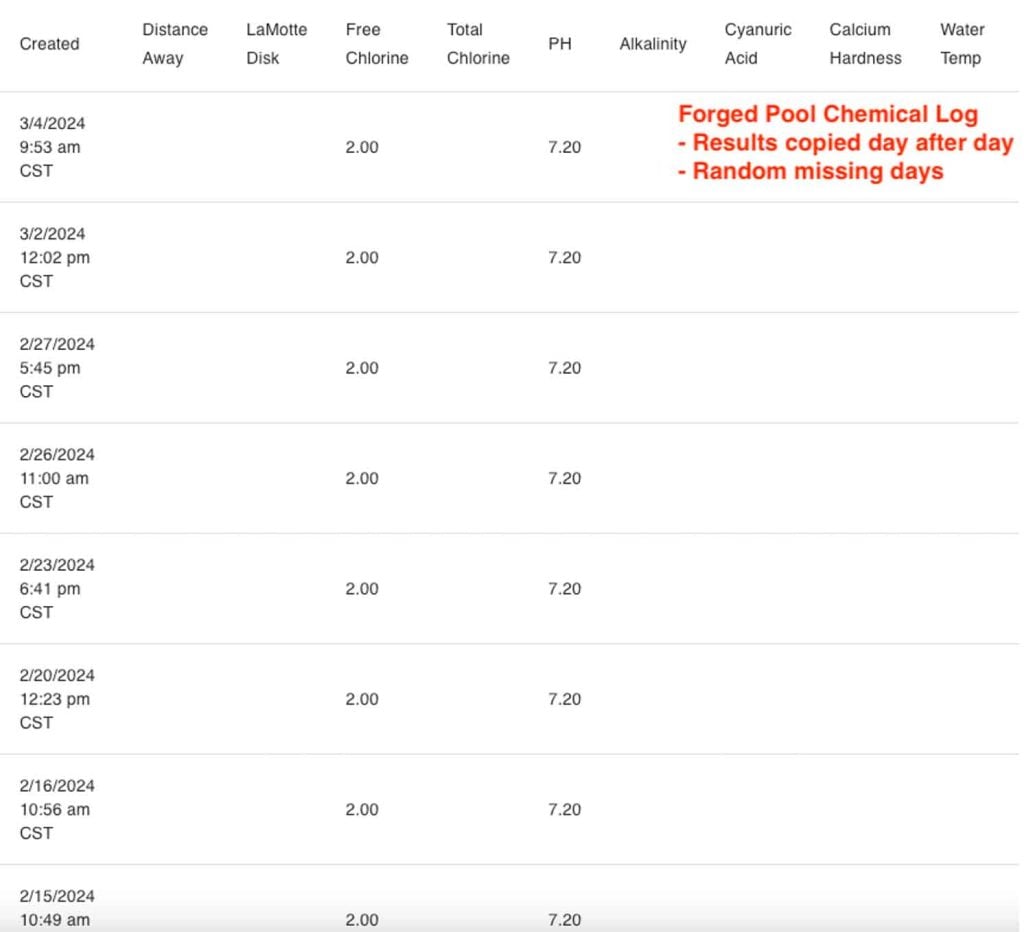
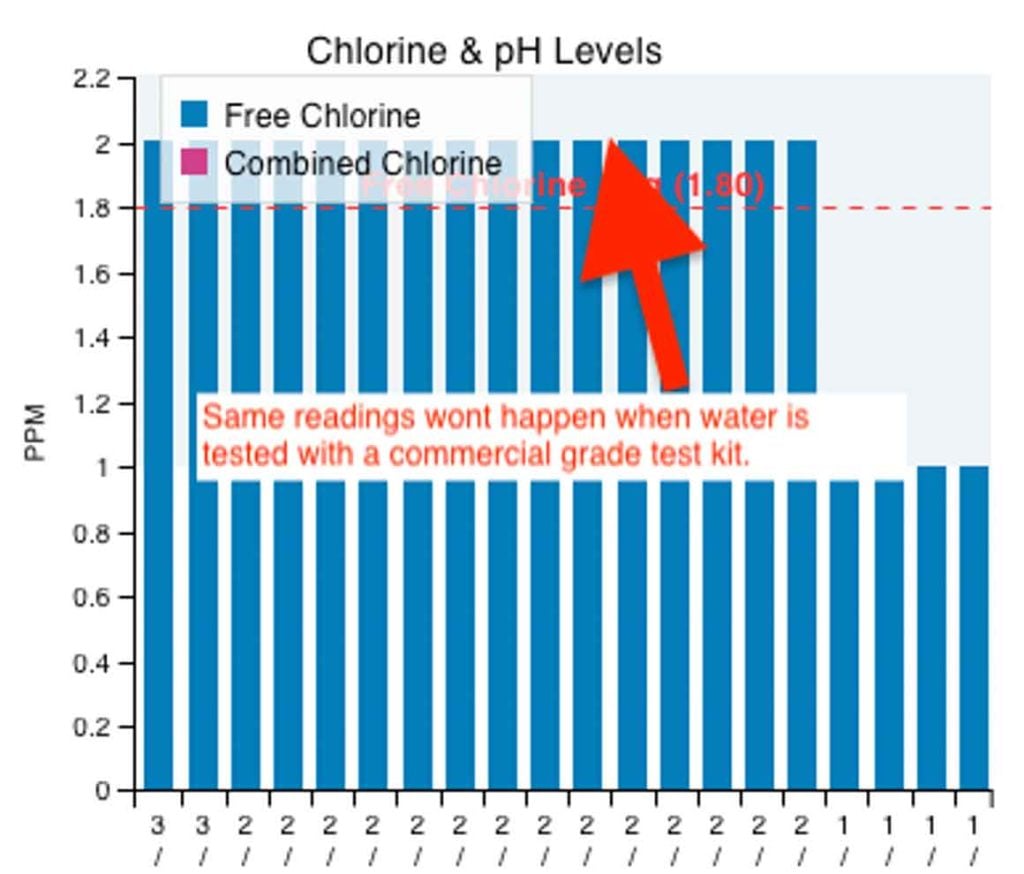
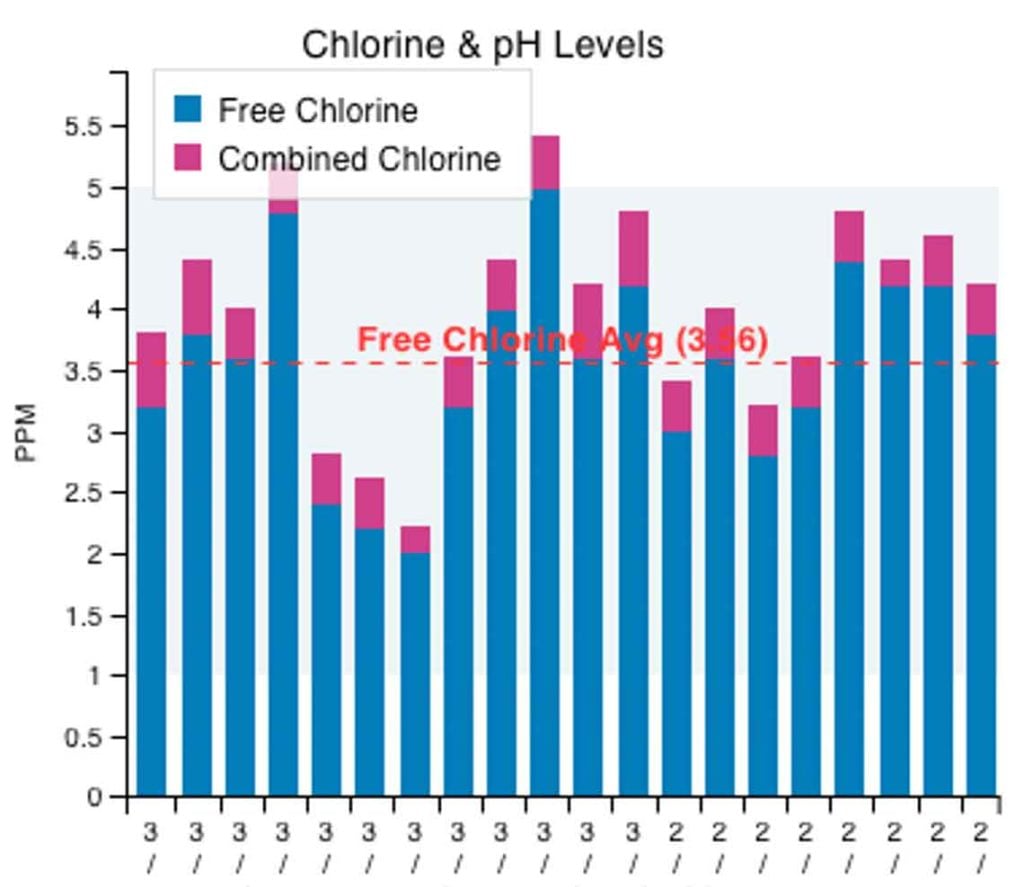
Improper Logs Have Real World Consequences
Pool Chemical Burns to Toddler Result in Maintenance Worker Arrested for Forging Pool Chemical Logs
A maintenance worker was arrested in South Carolina after falsifying the Department of Health-required pool chemical logs on a day he was not working. Unfortunately for everyone, that day, a 3-year-old received severe pool chemical burns from the chlorine in the pool. When the Department of Health was called and tested the pool chemicals, they found chlorine levels greatly exceeding what is allowed in the state.
$26 Million Settlement Against Resort For Pool Chemical Burns
The Myrtle Beach Hotel paid a heavy price for forging their pool chemical logs in 2020. This settlement, in 2024, just enforces the point that all pools and spas should have their water chemicals tested before they are opened to the public. As with anything mechanical, things can go wrong quickly and when chemicals are involved it can get out of control fast.
Don’t Be Next
Whether you manage an apartment, hotel, campground, or golf club, the swimming pool and spa are likely your most significant liability. Unfortunately, pools and spas are often overlooked and take a back seat to other maintenance tasks viewable to guests. While those things are essential, a squeaky door probably can’t cause bodily harm to several guests and potentially close your business. Pool chemical burns, legionella, cryptosporidium (crypto), and rashes are just some issues guests can encounter in pools and spas that are not adequately maintained. As mentioned before, most states require a person to manually test the pool chemical levels at least once a day or more depending on usage.
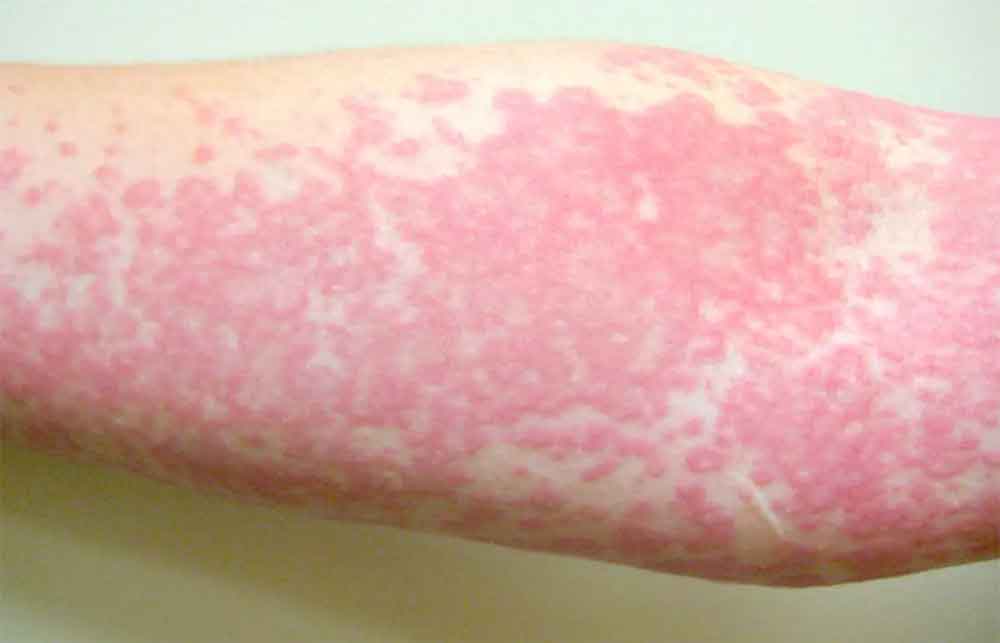
Pools have become a symbol of high-class facilities; however, they can just as easily bankrupt a business if they are not well maintained. Ensure your team is testing the water chemicals before opening the gate to the public.
Don’t Open The Pool If:
- Pool – Free Chlorine level is below 1.0ppm ( 2.0ppm if stabilizer -CYA- is used )
- Spa – Free Chlorine level is below 3.0ppm
- If your pool chemicals have not been tested that day
- On Saturday and Sunday – if your maintenance team is not working and no one is testing the water chemicals DON’T OPEN THE POOL/SPA.
In most cases, your team can easily correct the low chlorine levels by adding the correct dosage and testing again in 30 minutes. Once the chlorine has reached your state health department minimums the pool/spa can be opened unless there are other safety issues. Stay safe, see you poolside.
Article originally published on: https://blog.poolsharkh2o.com/pool-chemical-burns
The post Why Do We Need Accurate Swimming Pool Chemical Logs? appeared first on PoolMagazine.com – Get The Latest Pool News.

